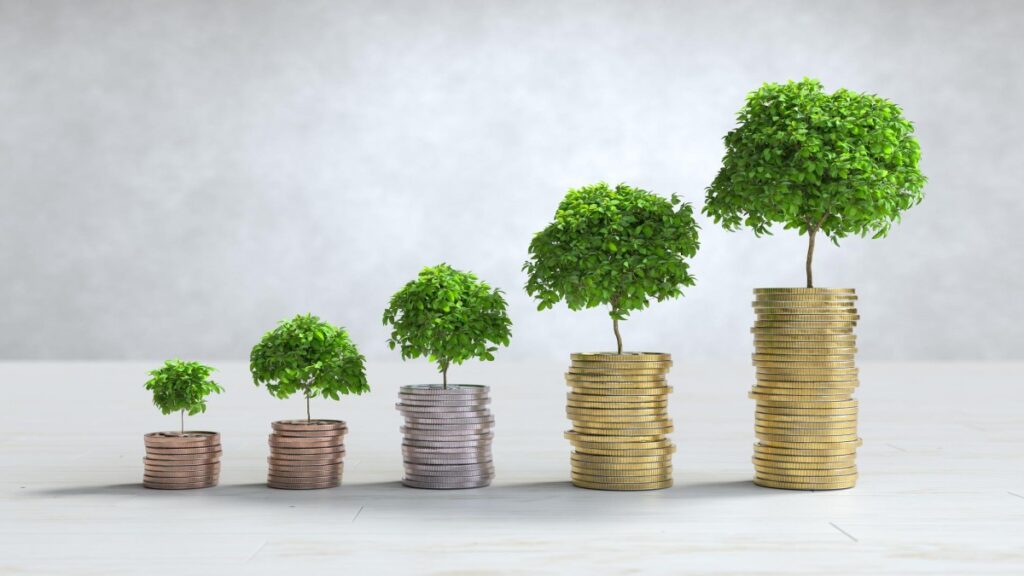NEW DELHI: India’s economy is projected to grow between 6.5 per cent and 6.8 per cent in the current fiscal year, with growth expected to accelerate slightly to 6.7 per cent–7.3 per cent in FY2026, according to a Deloitte report. Despite a slower-than-anticipated first half of FY2025, which was influenced by election uncertainties, heavy rainfall, and geopolitical tensions, India’s economy remains resilient. The growth is being driven by strong domestic consumption, robust performance in services, high-value manufacturing, and a solid export sector.
Deloitte India Economist Rumki Majumdar highlighted that while growth in the first half of the fiscal year faced some setbacks, India’s economy remains solid in key areas. “India’s consumption trends, services sector growth, and the rising share of high-value manufacturing exports, such as electronics, semiconductors, and chemicals, demonstrate the country’s growing strength in global value chains,” Majumdar said.
The government’s focus on infrastructure development, digital transformation, and attracting foreign direct investment (FDI) is expected to further enhance economic efficiency and boost growth prospects. Despite the challenges, including the recent cut in growth forecast by the Reserve Bank of India (RBI) to 6.6 per cent from 7.2 per cent, India is expected to remain on a positive growth trajectory.
Deloitte also pointed to the resilience of India’s capital markets, which have remained stable despite substantial foreign institutional investor (FII) outflows in recent months, due to rising participation from retail and domestic investors.
“Domestic consumption will remain the cornerstone of India’s economic growth, with both rural and urban demand playing crucial roles,” Majumdar noted, adding that government initiatives, social welfare programs, and advancements in digitization would continue to foster consumption spending.
While India’s economy is likely to experience several global challenges, including geopolitical tensions, trade disputes, and the ongoing effects of climate change, Majumdar remains cautiously optimistic about India’s future. She emphasized that India’s growth will depend on its ability to decouple from global uncertainties and leverage its strengths, such as its demographic dividend and expanding middle class.
“By focusing on workforce development, self-reliant manufacturing, and advancing digital services, India can capitalize on opportunities even amid global deglobalization trends,” Majumdar said.
With the Union Budget for FY2025 approaching, all eyes will be on the government’s policy measures, which are expected to prioritize investments in skills development, self-reliance in manufacturing, and expanding India’s position in global value chains.
Source: The Financial Express

 Remembering Jimmy Carter Who Held The Door Open For Neoliberalism
Remembering Jimmy Carter Who Held The Door Open For Neoliberalism 